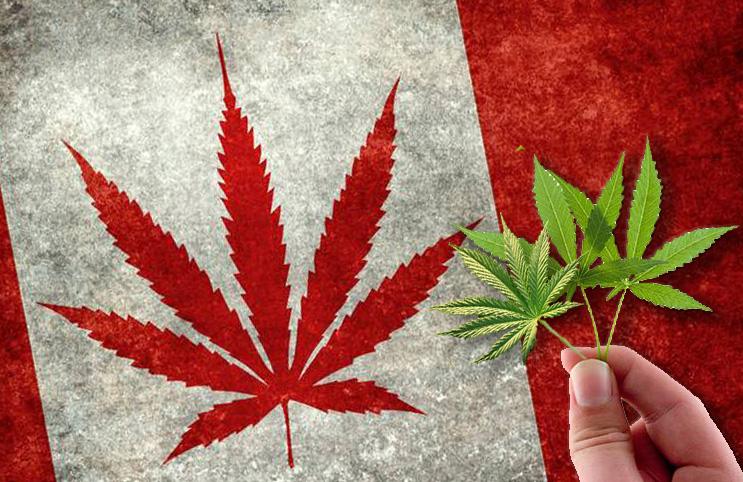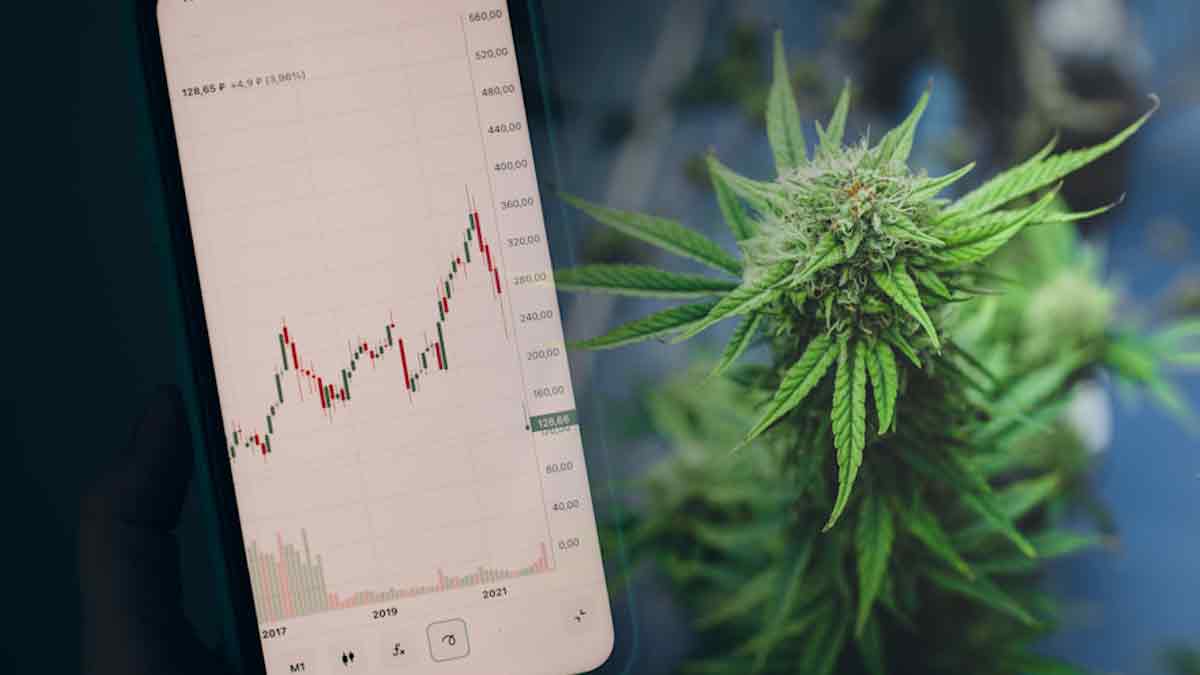A well known dispensary out in Denver called Medicine Man was established on serving medical marijuana patients. However, since Colorado legalized recreational marijuana sales three years ago, some of the store’s patrons have been making medicinal purchases
“There’s less need for medical inventory because we have less medical customers,” said Andy Williams, owner, and CEO of Medicine Man, one of Colorado’s largest legal marijuana stores selling both recreational and medical marijuana. “People don’t want to go through the hurdles to get their cards anymore.”
A similar situation will likely play out for Nevada’s marijuana dispensaries when recreational marijuana sales go into effect July 1. The first four states that have already legalized recreational marijuana sales are Oregon, Alaska, Washington and Colorado which have all seen a drop in the number of active medical card-holding patients.
Will Recreational Pot Sales Be More Dominant Over Medical Sales
For nearly two years since Nevada’s first dispensary opened in July 2015, medical marijuana has been the only source of legal weed. Nearly 28,000 Nevadans currently hold medical cards, and thousands of other purchases come from out-of-state buyers through the state’s reciprocity program, which honors medical cards from other weed-legal states.
Williams’ dispensary opened in December 2009 to serve medical patients, but quickly moved away from that model when recreational sales started in 2014, he said. Medicine Man’s name now seems ironic, given more than two-thirds of its customers are recreational buyers and Williams gets less than half of the medical patients he once did.
In Colorado, medical cardholders were down more than 34,000 at the end of 2016 from the program’s peak high of nearly 129,000 patients in June 2011.
Other out-of-state dispensary owners have reported a similar decline in medical pot buyers — from Oregon, where state cardholders fell from 78,015 less than two years ago to 67,141 per the state’s most recent tally, to Alaska, where cardholders fell 40.6 percent from January 2015 to the start of this year.
“I think more people here have decided not to go the medical route because of the high price tag on getting a card,” said Eli Bilton, CEO of Attis Trading Dispensary in Portland, Oregon. “It’s hard to make up for a $400 annual card if you’re not always buying a lot of product.”
While recreational sales have yet to start in Nevada, the state’s medical cardholder count continues to rise, reaching a record high of 27,952 in April, the last month of data available. Yet the process of applying for a medical card, similar to those in other states, requires both money and time.
MAPH Enterprises, LLC | (305) 414-0128 | 1501 Venera Ave, Coral Gables, FL 33146 | new@marijuanastocks.com










